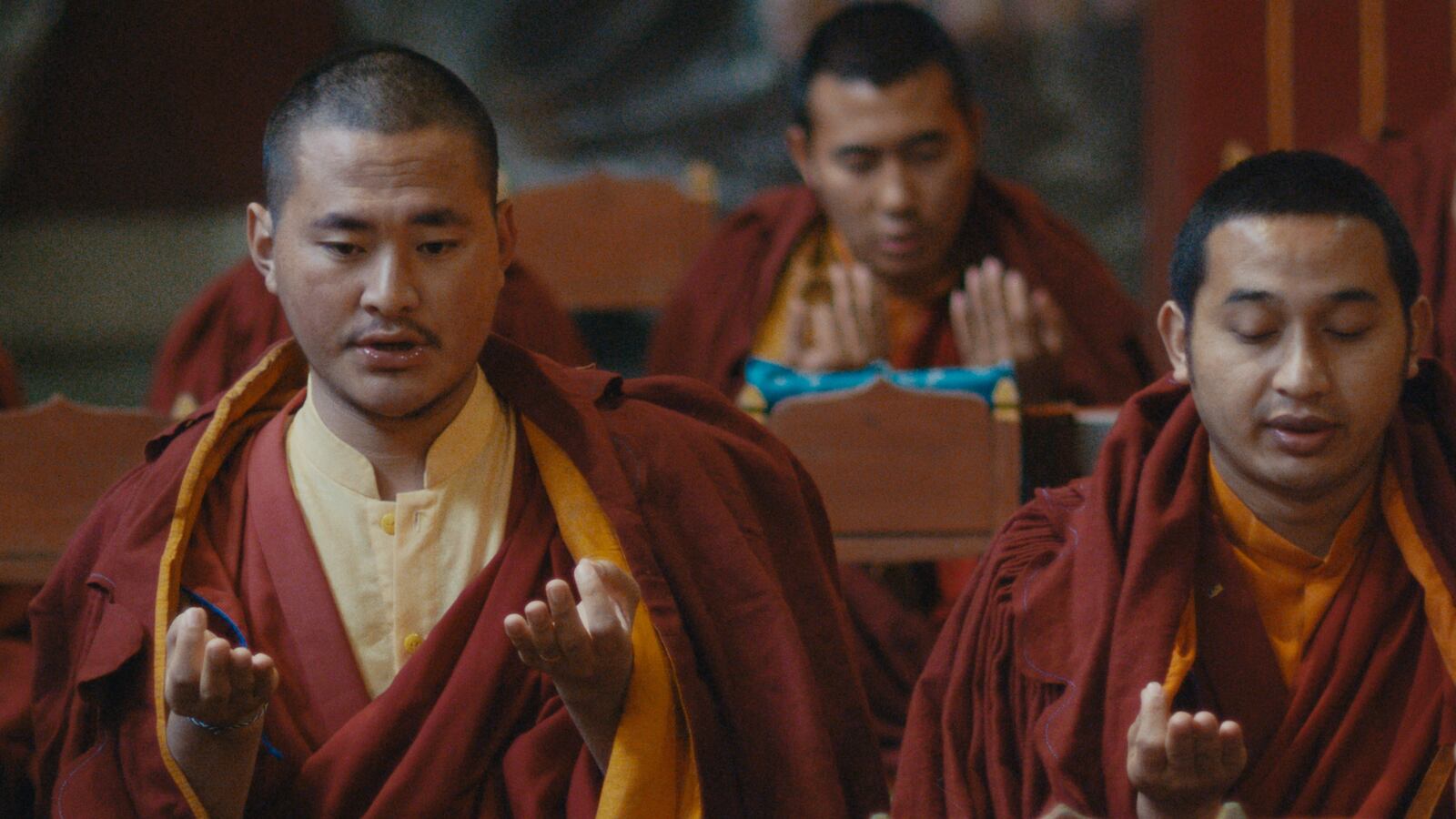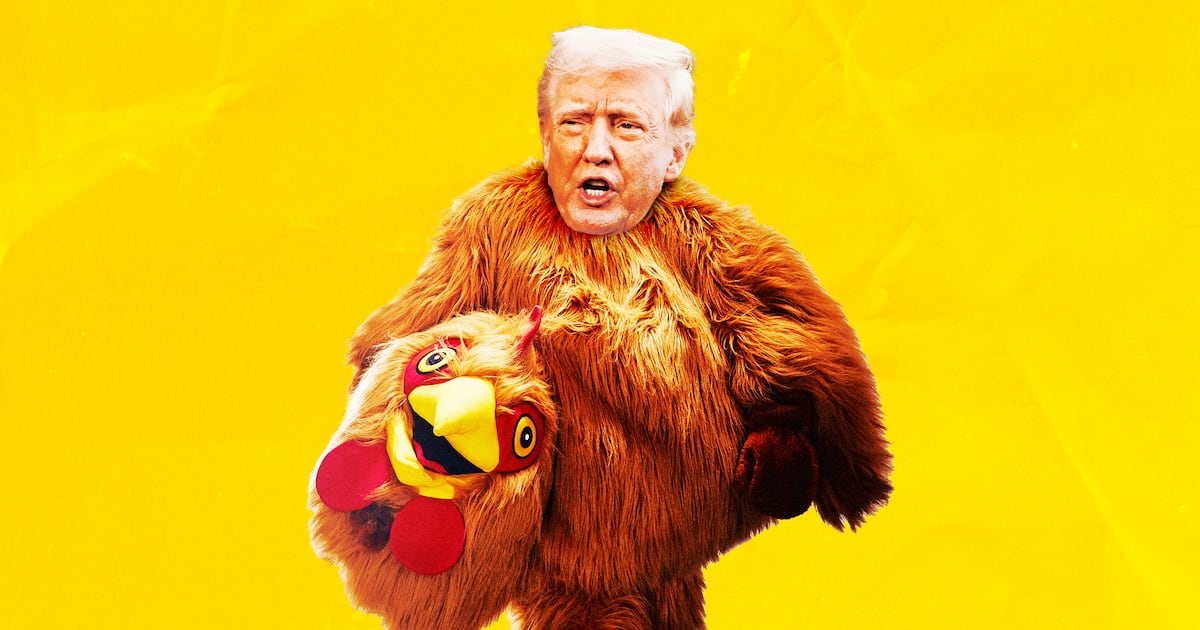Can you imagine a time when we didn’t know what our own planet looked like from the outside? It was only 50 years ago, in the late 1960s, that astronauts first sent back images of the Earth from space. Those photographs marked a definite shift in the awareness of humankind—for the first time, we were able to see the planet as a whole, single entity.
That moment was linked to an upsurge of environmental activism: one year after the famous ‘Earthrise’ picture in 1969, the US Environmental Protection Agency was established, followed by Clean Air, Clean Water and Endangered Species Acts. It was as if finally seeing our home from a distance made us realize how truly precious it is. For the astronauts who get to see it through their own eyes, the effects can be profound, and radically shift the way they understand the world once they return to it. The experience even has a name—the Overview Effect—which we at Planetary Collective explored in our short film Overview, released in 2012. One prominent recent example is astronaut Ron Garan, whose experiences in space led him to found Fragile Oasis, a non-profit devoted to humanitarian work guided by the “unique orbital perspective of men and women who live and work in space.”
One of the things that Overview touched upon was the significance of our worldview—the way we see the world. Our new feature film Planetary takes that one step further and examines the question of what effect our worldview has on the way we think, act, and structure our societies. We spent three years traveling, shooting and editing the film all around the world, meeting an incredible range of people—from astronauts, cosmologists and poets, to Buddhist monks and indigenous elders—to ask them about our shared origins, our relationship to this planet we call home, and the importance of how we see the world for the future of our species. Our worldview is not an abstract, philosophical thing—it has profound, very real effects on the world around us. Examining it, and perhaps reconsidering it, might be essential to confront the problems facing us.
Renowned anthropologist and National Geographic explorer Wade Davis was raised in the forests of British Columbia with the idea that the trees were a resource: “that those forests existed to be cut.” Yet the First Nations peoples who co-existed on the same land had a view of the forest that regarded it as sacred and the abode of spirits. As Davis says in the film, “The interesting thing is not to say who’s right and who’s wrong, but to look at how different belief systems mediate the relationship between humanity and the natural world, with profoundly different consequences in terms of the ecological footprint.” The difference, in this case, is between a culture that existed without destroying its habitat for centuries, and one that “tore apart those forests within three generations.”
We are tearing up more than just the forests of British Columbia. Every ecosystem on the planet is under threat: the glaciers and ice sheets are melting, oceans are acidifying, primal forests are becoming wastelands. We are in the midst of the sixth mass extinction of species on life. The previous mass extinction occurred 66 million years ago when an asteroid struck the Yucatan peninsular and wiped out almost 75 percent of all species on the planet. Now, as Noam Chomsky put it, “we’re the asteroid.”
David Loy, a Buddhist philosopher, says in Planetary: “Today, we have not only an ecological crisis, and various economic crises, but we also have a kind of story crisis—there’s something very wrong about the way that we understand who we are, and our relationship with the Earth.”
Through speaking to the interviewees of Planetary, there is a common understanding that the root of this story crisis comes from the fact that we see ourselves as separate: from each other, from the planet, and from the wider cosmos. The answer to this lies in a worldview that places interdependence at its center—one where we recognize that, in the words of environmental activist Joanna Macy, “everything we are, and can ever be, is dependent upon this great, verdant, fertile, sensitive, intricately interwoven web of life.” This is a worldview shared by all the major religions, in indigenous cultures across the world, and expressed with increasing complexity by modern science.
Macy refers to the period of time we are in right now as ‘The Great Turning’: the necessary shift from a society that emphasizes industrial growth to a civilization that places the preservation and continuation of life at its heart. She sees this movement as made up of three interconnected parts. The first is to hold on to and protect everything we still have—the ecosystems, cultures, languages, and species that make up the planet—whether it is through activism and civil disobedience, or lobbying and legal work. The second is that we must analyze and understand the dynamics behind the structures and systems we have created that run our lives and, where necessary, reinvent them. The third element, which is so often overlooked, is that we must make a fundamental shift in our awareness, in our worldview, if these other two processes will take hold and affect real change.
Where do we even begin with this? How can we transform our worldview in order to rethink and reinvent the world? Planetary is not a film about how to fix all the individual problems facing our planet, but is a challenge to rethink our worldview. We don’t offer hard and fast solutions, but we hope that, like those first images of the Earth from space, Planetary and its speakers will inspire people to reconsider their view of the world and the effects that view has on their actions. It is an invitation to reconnect with something bigger than ourselves. In the words of Zen priest Angel Kyodo Williams, “we’re not on the Earth, we’re of the Earth.” We are not isolated, separate beings; we are planetary.




